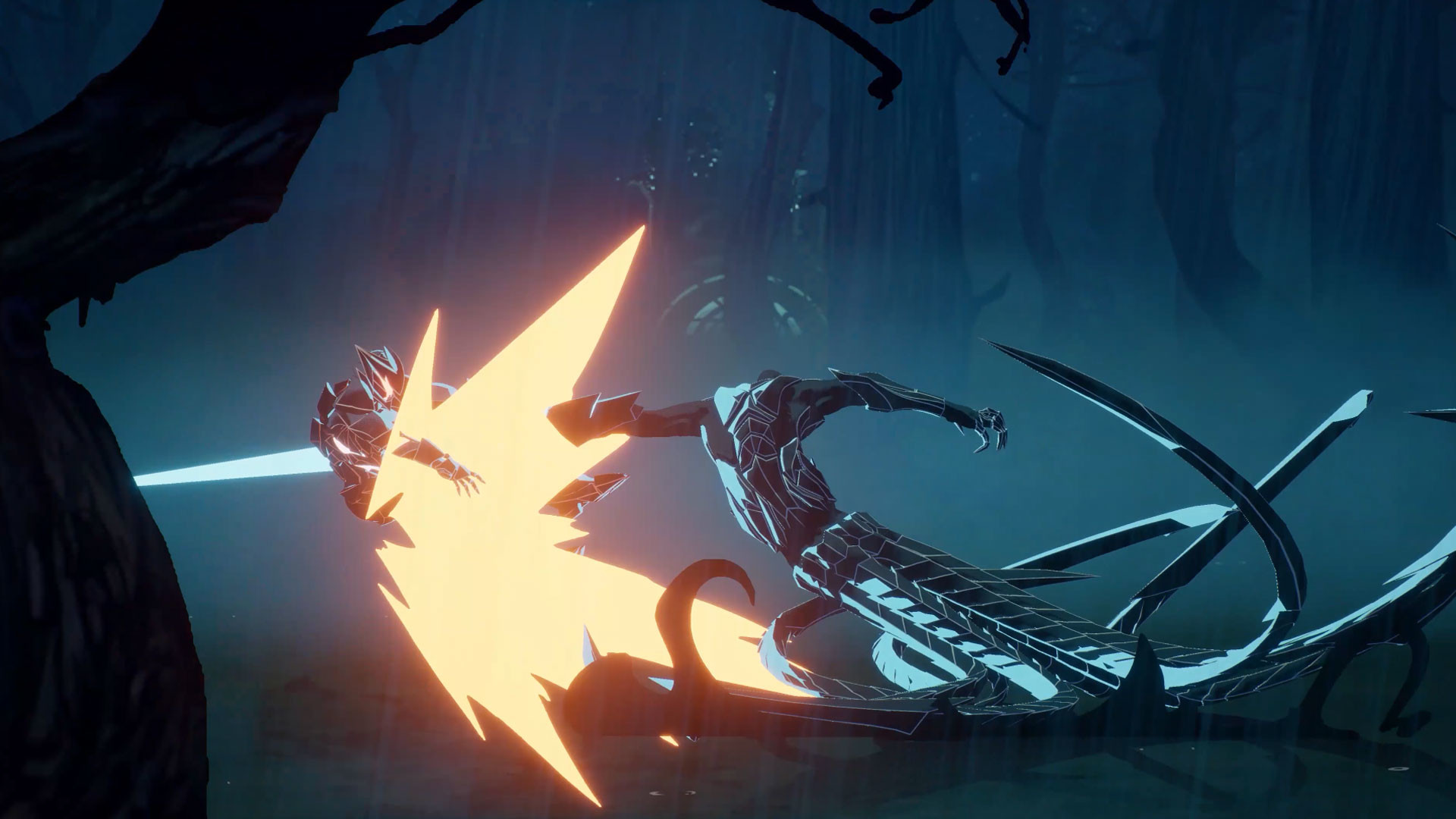The Estonian division of the International Game Developers Association (IGDA) commented App2Top.ru the situation around the game Aeon Must Die!. Its developers accuse the employer — Limestone Games — of unbearable working conditions, manipulation and corruption.

Aeon Must Die!
To the questions App2Top.ru The Executive Vice President of IGDA Estonia Marianna Kryakvina was responsible.

Marianna KryakvinaApp2Top.ru : What do IGDA think about the situation?
Marianna: Now IGDA Estonia is conducting an independent investigation of the situation, based on information from open sources (government online resources) and documentation published on Friday in Dropbox.
Our primary goal is to find out whether the described offenses really took place. We hope that the State regulatory authorities will also carry out all appropriate checks in accordance with the procedure established by the law of the Republic of Estonia.
IGDA’s mission is primarily to protect the interests of employees. If violations on the part of the employer are proven, IGDA Estonia will do everything possible to help former employees of the company find a new job in the industry or start a new own project.
Does IGDA have the ability to understand the situation?
Marianna: The former employees of Limestone Games refused to cooperate with IGDA Estonia directly and give any comments. This significantly limits the ability of our organization to somehow contribute to the resolution of the conflict.
IGDA is a non—profit association whose goal is to develop the game development industry, relevant infrastructure and community. We are not an official trade union, so we have no right to interfere in the internal affairs of enterprises. The best thing our organization can do at the moment is to listen to both sides of the conflict and try to persuade them to a peaceful resolution, to act as a kind of mediator.
How did the former employees of Limestone Games explain their refusal to cooperate?
MARIANNE: They were motivated by the lawyer’s advice not to communicate directly with anyone.
Now all communication with the team takes place exclusively through their lawyer.
If the position of former employees is proven, what will IGDA do?
MARIANNE: If violations by the management of Limestone Games are proven, IGDA Estonia will do everything possible to:
- a) to help former employees find a job in the gaming industry;
- b) find an investor and publisher for subsequent projects;
- c) permanently suspend Limestone Games from participating in any events and projects of the Estonian gaming industry.
Has IGDA Estonia encountered such situations before?
Marianne: Similar situations in the gaming or IT industry have not occurred in our country before. There have been cases of collective lawsuits filed by employees against the employer on charges of non-compliance with working conditions, but that happened at industrial enterprises.
Estonia has very strict labor laws and high fines for non-compliance with the rules. The rights of employees are fully protected by law.
Therefore, we hope for the speedy intervention of the Labor Inspectorate and the Tax and Customs Department (hereinafter NTD) in the investigation of this case.
How common is the practice of gray salaries, unlicensed software and crunches in Estonian game development?
Marianne: Here I will answer the points.
1) Gray salaries
Few people talk about this, because Estonia has very strict legislation.
As far as I know, gray or black salaries are not common in the gaming industry. This is due to the financial flows of companies that receive income from distribution platforms to bank accounts. Gray or black salaries are more typical for businesses with large cash turnover, such as the service sector, for example.
Withdrawing cash from the company’s account is not so easy and it will definitely leave a financial trace.
In Estonia, it is not prohibited to pay wages in cash, provided that it is declared in the NTD and with the payment of all related taxes.
In the case of Limestone Games, €20,917 of labor taxes were paid for the first quarter of 2020, according to NTD data. At that time, the staff consisted of 16 employees. This corresponds to a gross salary of €1000-1100 per person per month. Net — about €800-900. This corresponds to the average salary in the country.
Even if employees were paid a minimum wage of €550 (officially the minimum wage in Estonia) to the account and the balance was given out in cash, then, based on the data of the NTD, these amounts were declared and taxed on labor.
2) Unlicensed software
Unfortunately, I can’t give any comments here, since no substantive checks have been carried out and it is impossible to say with 100% certainty that all companies use exclusively licensed software.
3) Crunches and overtime
According to the Labor Code of the Republic of Estonia, the employer is obliged to compensate for additional working days/hours either by taking time off or by paying at the rate of 150% of the basic hourly wage. It depends on the agreement between the employer and the employee. An employee can always opt out of overtime.
It is a common practice in game development that before the delivery of a project or milestone, the team works beyond the norm in order to meet deadlines. However, in Estonia, the mentality and working culture do not support this. It is customary for us to work from 9 am to 5 pm and not a minute more. If you go to the office of any large Estonian company at 17:02, you will see only rows of empty desks and offices. Due to the increased overtime rate, employers often try to avoid them in every possible way.
In case of overtime, the employer is obliged to compensate for the hours worked.
You noted that employees, according to the papers, could be paid a net salary of €900-1000. If we are talking about the gaming industry in Estonia, is it a lot or a little?
Marianne: This is less than the salary in other Estonian studios, but you need to take into account the fact that Limestone Games is a startup that does not yet have stable sources of income.
In our country, the problem of competition for labor is quite acute. There are not so many specialists, and large companies such as Creative Mobile and Ringtail Studios offer higher remuneration in order to attract and retain employees.
For small indie studios, this creates certain difficulties when hiring, since they do not have the means to attract highly qualified specialists.
Often, employees in such teams are more motivated by an interesting project than by money.
Could there be a scenario where the tops had much more than the developers, so the total amount was large, but little reached the workforce?
Marianne: Yes, it was possible, but considering that the staff of Limestone Games was only 16 people, the difference had to be very significant. NTDs would immediately be interested in such declarations.
Unfortunately, we cannot obtain a full statement for each employee from open sources.
How will the incident affect the game development in Estonia, does IGDA plan to warn such cases in the future?
Marianne: There are not many successful game studios in Estonia. IGDA Estonia had high expectations for Limestone Games and the Aeon Must Die project!. We expected him to become the next flagship of our game dev industry.
We want the project to be released this year, despite all the difficulties.
Also on the topic:
- Lawyer of the departed Aeon Must Die! team: “We are ready to defend our claims in court”Former developers of Limestone Games accused the studio management of lawlessness
- Is there any news?
Share with us, write to press@app2top.ru
